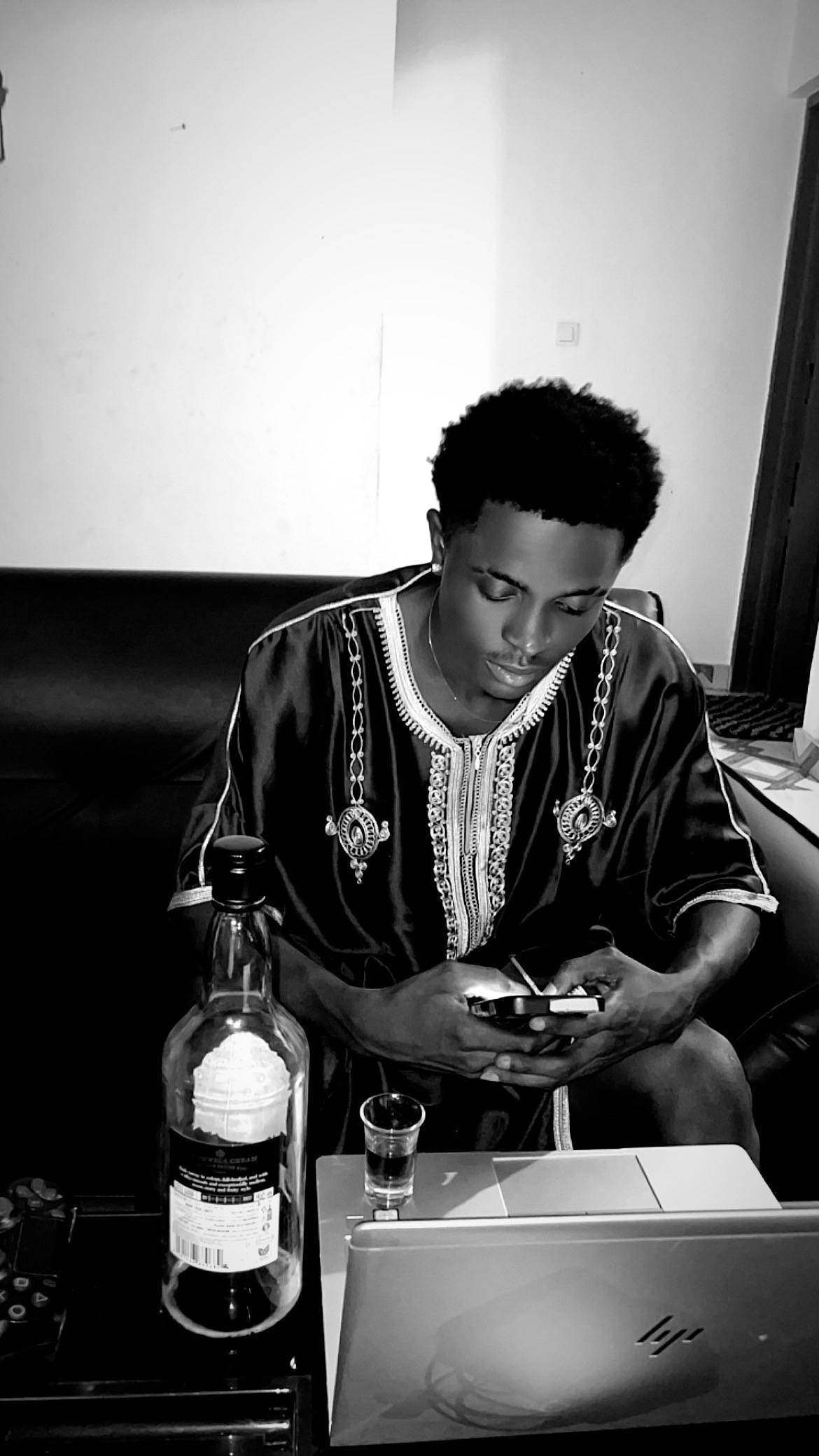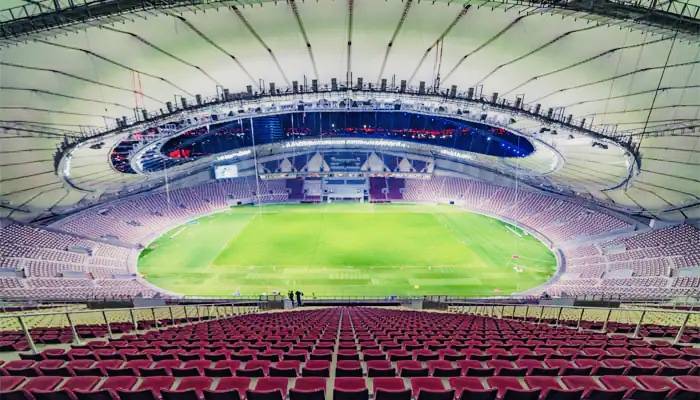One month from now, Qatar will host the first World Cup in the Middle East, capping a 12-year odyssey that has transformed the country but was not without its challenges.
As well as criticism over how migrant workers were handled while constructing stadiums and other tournament infrastructure, Qatar has also come under fire from the soccer community for moving the dates of the tournament from the customary June-July season to November-December.
All of that, in addition to animosity from surrounding nations which enforced a three-year economic and diplomatic boycott that ended in January 2021, was overcome by the tiny Arab nation jutting out into the Persian Gulf.
The 60,000-seat Al Bayt Stadium, a brand-new location created for the World Cup north of Doha, will host the opening match of the biggest soccer tournament on November 20 a few hours after sunset. The tournament that has come to define the image of the gas-rich emirate will likely begin with the host nation's maroon-and-white national team against the squad from Ecuador.
The Doha region will host all 64 games over the period of 29 days between 32 teams, with several more performances and cultural events scheduled for a soccer-driven festival in the traditional Muslim community.
The severe restrictions on where alcohol may be purchased in Qatar will be relaxed for one month, and beer from World Cup sponsor Budweiser will be served at the eight stadiums and the official big-screen viewing location in Al Bidda Park.
Gianni Infantino, the president of FIFA, promised on Monday that this year's World Cup would be "the best ever, on and off the field," echoing remarks he made four years prior in Moscow when Russia was the host nation.
However, 21 of the 24 individuals on the FIFA executive committee have been either convicted in criminal or ethics proceedings, indicted, found not guilty at trial, or implicated in misconduct since the decisions to choose Russia and Qatar as the future hosts of the World Cup in 2010 and 2011.
One of them, Sepp Blatter, the then-president of FIFA, is still barred from the sport he oversaw for 17 years due to a variety of transgressions. However, Blatter has stated that he did not vote for Qatar.
Aiming to escape the scorching desert heat in the Middle East, Qatar is expecting about 1.2 million tourists for the first World Cup to be held in the middle of the customary European soccer season.
The emir of Qatar, Sheikh Tamim bin Hamad Al Thani, addressed the UN General Assembly in New York last month and declared, "We are opening our doors in Doha to them without discrimination."
However, there remains a little amount of unheard-of late uncertainty regarding the tournament's real starting roster. Chile and Peru have appealed Ecuador's qualification to the Court of Arbitration for Sport on the grounds that Ecuador utilized an ineligible player.
The World Cup this year will be among the most expensive for spectators to watch and undoubtedly the most political in recent memory. Players from Iran have been supporting rallies at home when a 22-year-old woman died after being held by the morality police, while players from Brazil are currently being utilized as political weapons in an election campaign.
In part of the "One Love" campaign against prejudice, eight of the 13 European teams announced last month that their captains will wear an armband with a heart-shaped, multicolored design throughout games.
The gesture clearly violates FIFA regulations. It also indicates apprehension about sending soccer's biggest event to a country where gay actions are prohibited and where there has been a protracted debate about labor and human rights for ten years. Qatar claims that LGBT supporters won't be arrested and defends itself by citing improvements to its labor regulations.
This week, the United States Soccer Federation joined six European federations in supporting proposals from human rights activists to establish a compensation fund for employees who have been killed or maimed, many of whom are from south Asia.
According to Steve Cockburn, director of Amnesty International's economic and social justice program, "with the World Cup fast approaching, the job of preventing migrant workers from exploitation is just half done, while that of compensating those who have experienced abuses has hardly started."
Alasdair Bell, the FIFA's deputy secretary general, stated last week that FIFA is open to discussions about restitution and reparations. It is unknown whether any funding would come from FIFA's $6 billion World Cup profits, the Qatari government, which has enacted many labor law changes more quickly than its neighbors, or construction companies, which employed the workers in working conditions that activists have dubbed "modern slavery."
The World Cup will serve as a showcase for Doha's aspirations to compete with other regional centres like Dubai and Singapore, which were made possible by the migrant workers.
Infantino, who relocated from Zurich to live in Doha for the final year of preparations, stated, "As you look around the country today, at the state-of-the-art stadiums, the training pitches, the metro, the larger infrastructure, everything is ready and everyone is welcome."
Infrastructure is available. For a nation with only 350,000 residents and a population that has been increased to 2.6 million by migrants working in the white-collar, service, and domestic industries as well as construction, Qatar faces challenges on a human scale.




No comments yet
Be the first to share your thoughts!